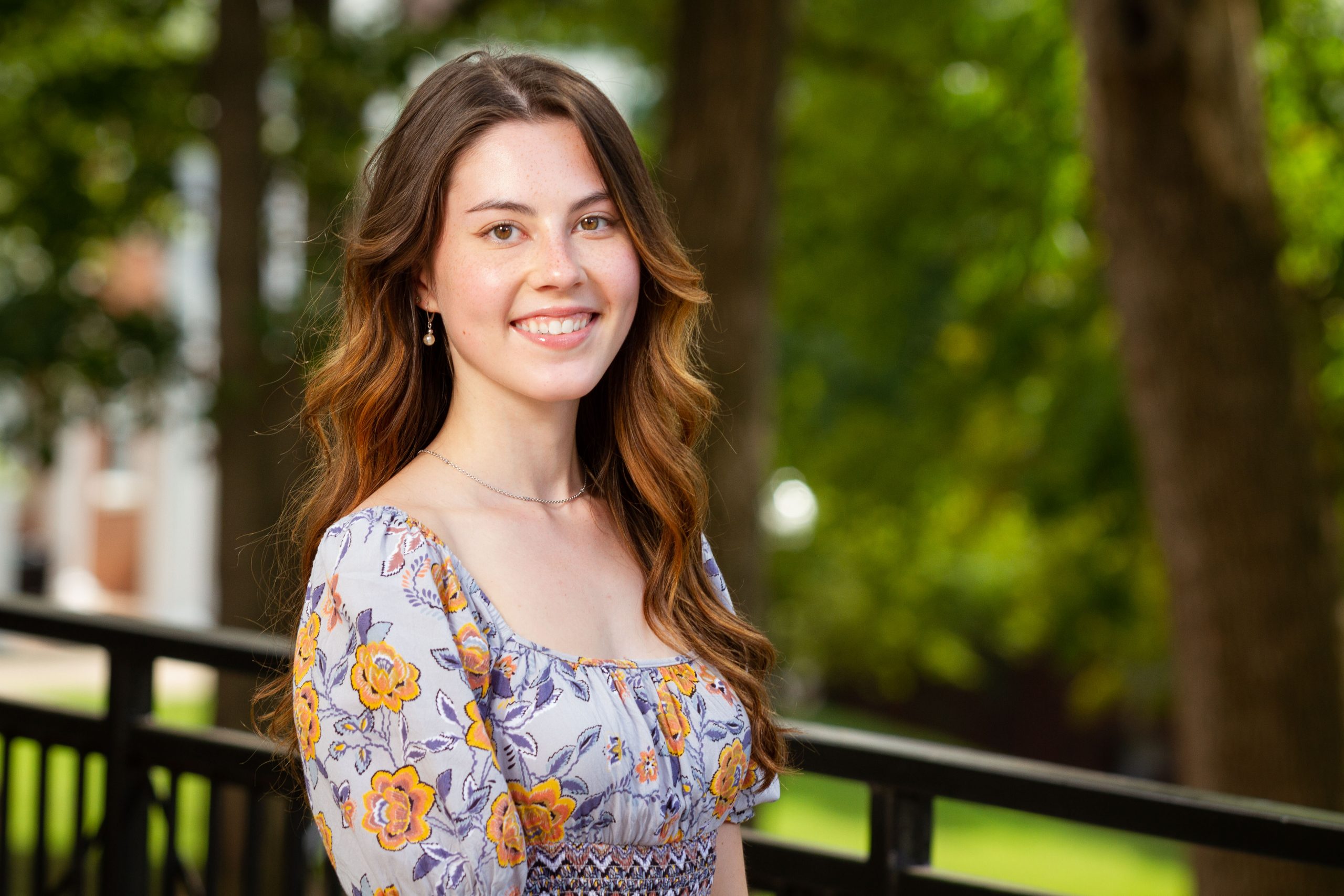Gatton Academy Among 26 High School Teams to Compete in State Mock Trial Tournament
March 25, 2009 | News, Student Life | No Comments
Twenty-six teams of high school students from across the commonwealth will converge in Louisville this Friday to compete in the Kentucky High School Mock Trial Tournament from March 27-29 at the Jefferson County Judicial Center. The state tournament, which is usually conducted in Lexington and Frankfort, will be held in Louisville for the first time.
The media and public are invited to be present for the three-day competition. Teams will contend for the state title, with the winner going on to compete at the National High School Mock Trial Tournament in Atlanta in May.
Justice Lisabeth Hughes Abramson of the Supreme Court of Kentucky will open the state competition with remarks at 11:45 a.m. Friday, March 27, at the judicial center. The judicial center is located at 700 W. Jefferson St. in Louisville.
Seven of the schools with teams scheduled to compete are located in Louisville. They are Assumption High School, Central High School, duPont Manual High School (two teams), Eastern High School, Louisville Collegiate School, Mercy Academy and Saint Xavier High School.
Three of the teams are from Richmond – Madison Central High School/Kentucky Tech – Madison County Area Technology Center, Madison Southern High School and Model Laboratory High School.
The other teams scheduled to compete are from Boyd County High School in Ashland, Breckinridge County High School in Harned, George Rogers Clark High School in Winchester, Highlands High School in Fort Thomas, Marshall County High School in Benton, McCreary Central High School in Stearns, McLean County High School in Calhoun, Montgomery County High School in Mount Sterling (two teams), Monticello High School in Monticello, Newport Central Catholic High School in Newport, Paducah Tilghman High School in Paducah (two teams), The Carol Martin Gatton Academy of Mathematics and Science in Kentucky in Bowling Green and Webster County High School in Dixon. A team from Foley Middle School in Berea will be on hand to compete in case teams drop out and leave an odd number of teams to compete. The Foley team won the state middle school championship in mock trial. Middle schools are not eligible for the national competition.
In the competition, teams will act as the prosecution and defense in the trial of Commonwealth of Kentucky v. Sandy Brumfield. The case involves an allegation of drugs on school property. Teams will participate in at least four rounds of competition, arguing the case with a different team in every round. Each team will be assigned the role of the prosecution and the defense at least once. Team members also portray other individuals in the case, including the plaintiff and witnesses. Judges score the teams in each round and the scores are totaled to determine the winner. The teams learn their scores after the last round of trials.
Judging the competition will be Court of Appeals judges, circuit and district judges, attorneys and law students.
The top 10 teams will be announced Saturday afternoon, when Supreme Court Justice Bill Cunningham will provide remarks and present awards. The top two teams will advance to the tournament championship to contend for the state title and the opportunity to compete at the National High School Mock Trial Tournament in May in Atlanta. The championship round will be held Sunday in the Court of Appeals Courtroom at the judicial center.
Highlands High School in Fort Thomas won the 2008 state championship in the mock trial tournament after competing with Louisville’s duPont Manual High School for the title.
Since its inception in 1983, more than 12,000 students, 1,500 judges and 3,000 attorneys have taken part in the Kentucky Mock Trial program. It is one of the many law-related programs for youth offered through the Administrative Office of the Courts in Frankfort.
The AOC supports the activities of nearly 4,000 court system employees, including the elected offices of justices, judges and circuit court clerks, and executes the Judicial Branch budget.




